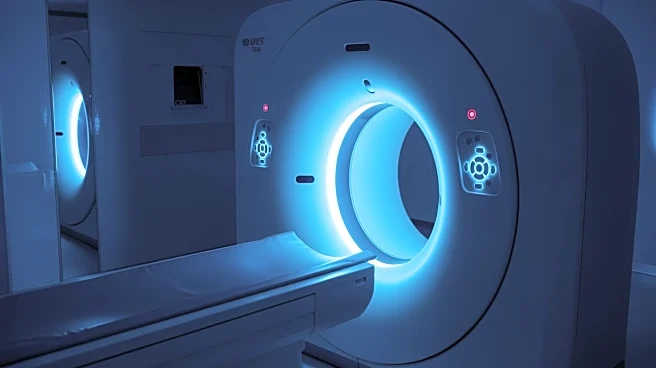Rapid Read • 7 min read
The integration of Industrial Internet of Things (IIoT) devices into Human-Machine Interfaces (HMIs) and Supervisory Control and Data Acquisition (SCADA) systems is transforming industrial automation. Smart sensors, energy meters, and wireless transmitters are now feeding data directly into HMI/SCADA platforms, enhancing the monitoring, visualization, and optimization of operations. This shift is driven by the need for robust industrial computing platforms to process and visualize data at the edge, reducing latency and lowering system costs. The trend also includes hybrid edge-cloud architectures, allowing industries to maintain core SCADA functionalities on-premises while leveraging cloud capabilities.
AD
The integration of AI and smart sensors into HMI/SCADA systems represents a significant advancement in manufacturing technology, offering improved efficiency and reduced downtime. By enabling real-time data processing and decision-making, these systems enhance operational performance and competitiveness in the manufacturing sector. The adoption of hybrid edge-cloud architectures provides flexibility and scalability, allowing industries to balance security requirements with the benefits of cloud computing. This development is crucial for industries seeking to optimize their processes and adapt to the evolving demands of the digital age.
The transformation of HMI/SCADA systems through AI and smart sensors has broader implications for the manufacturing industry, including ethical considerations related to data privacy and security. As these systems become more integrated with cloud technologies, manufacturers must address potential vulnerabilities and ensure compliance with data protection regulations. The shift also highlights the need for workforce training and development to manage and operate advanced automation systems effectively. Long-term, this trend could lead to a more sustainable and resilient manufacturing sector, capable of responding to global challenges and opportunities.
AD
More Stories You Might Enjoy










